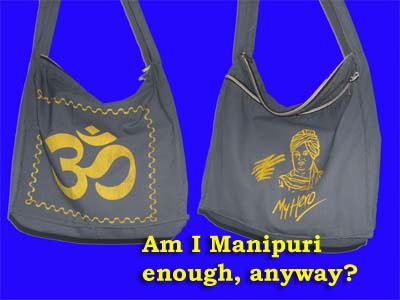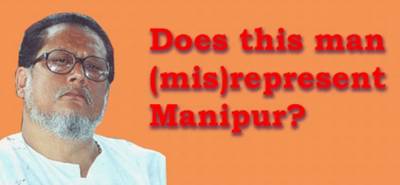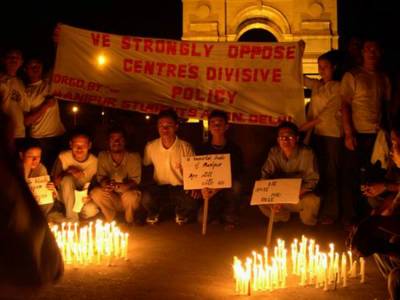Lessons from Michael Moore's America

Michael Moore is not only the finest American documentary maker, he is a man with a mission, and his mission is to pull the shroud off the lies and vapidities that mark the lives of Americans, especially in politics and economics. His latest film, Fahrenheit 9/11, is shaping up to be a phenomenal trendsetter in the history of non-fiction filmmaking. Already, according to the New York Times, the anti-Bush "Fahrenheit 9/11" has become the highest-grossing documentary of all time on its first weekend in release, taking in $21.8 million as it packed theaters across the country this weekend. The film was released on 886 screens.
Michael Moore is a fiercely independent man, and his views about his country reflect that quality about him.
"They are possibly the dumbest people on the planet . . . in thrall to conniving, thieving smug [pieces of the human anatomy]," Moore intoned, referring to his fellow countrymen. "We Americans suffer from an enforced ignorance. We don't know about anything that's happening outside our country. Our stupidity is embarrassing."
Expaining America's motives behind cherrypicking the epicentres of world's evil, he said in Liverpool: "It's all part of the same ball of wax, right? The oil companies, Israel, Halliburton."
Soon after the 9/11 tragedy, he said: "We, the United States of America, are culpable in committing so many acts of terror and bloodshed that we had better get a clue about the culture of violence in which we have been active participants."
So if there is a message for us - the non-Americans, it is this: "Don't be like us, you've got to stand up, right? You've got to be brave."
Sure, that's music to ears to many of us in this uni-polar world.
In the Fahrenheit 9/11, he charged Bush administration of misleading the country to profit his oily cronies. It also "revealed" the links between Osma bin Laden's family and the Bushes, besides the lies about WMDs that never existed.
Two of the most damaging footages in Fahrenheit 9/11 are the ones hinting at frivolous and callous attitude, dumbness of George W Bush towards the events of 9/11. One clip shows Bush reading a rhyme to a classroom of elementary school children for seven precious mins, even as the news of the second plane reached him. Another video clip shows Bush at his laidback best: while speaking of hunting down terrorists, he got down to the real, golfing business. "Stop these terrorist killers. Thank you. Now watch this drive".
Obviously, half of the Americans are not amused by the black sheep's revelations, and as as Slate's movie critic, David Edelstein says, the documentary "delighted me; it disgusted me. I celebrate it; I lament it."
It impresses me.
For despite what Moore says, I am all admiration for the American society. America may invent reasons to rain missiles on weaklings to achieve her nefarious ends, but the degree of freedom of expression and liberty that she guarantees to her own citizens is remarkable. USA is a monster, a bully to the rest of the world, yes, but she is the kindest protector and provider of rights for people within her borders. ( Abu Ghraib is meant for the outsiders only).
Can you imagine Michael Moore making similar unflattering documentaries to expose the murky and sleazy world of Indian politicians? Remember how Tehelka was hounded for years. Remember too how documentaries on Gujarat riots were censored by the Establishment. Can someone stand up and peek into the world of underground organisations with a camera without getting a chill up the spine and possibly paying with life?
There is something that our civil society can learn from America. The sooner the better. Hats off to Mike to bring that urgency in sharp relief.





